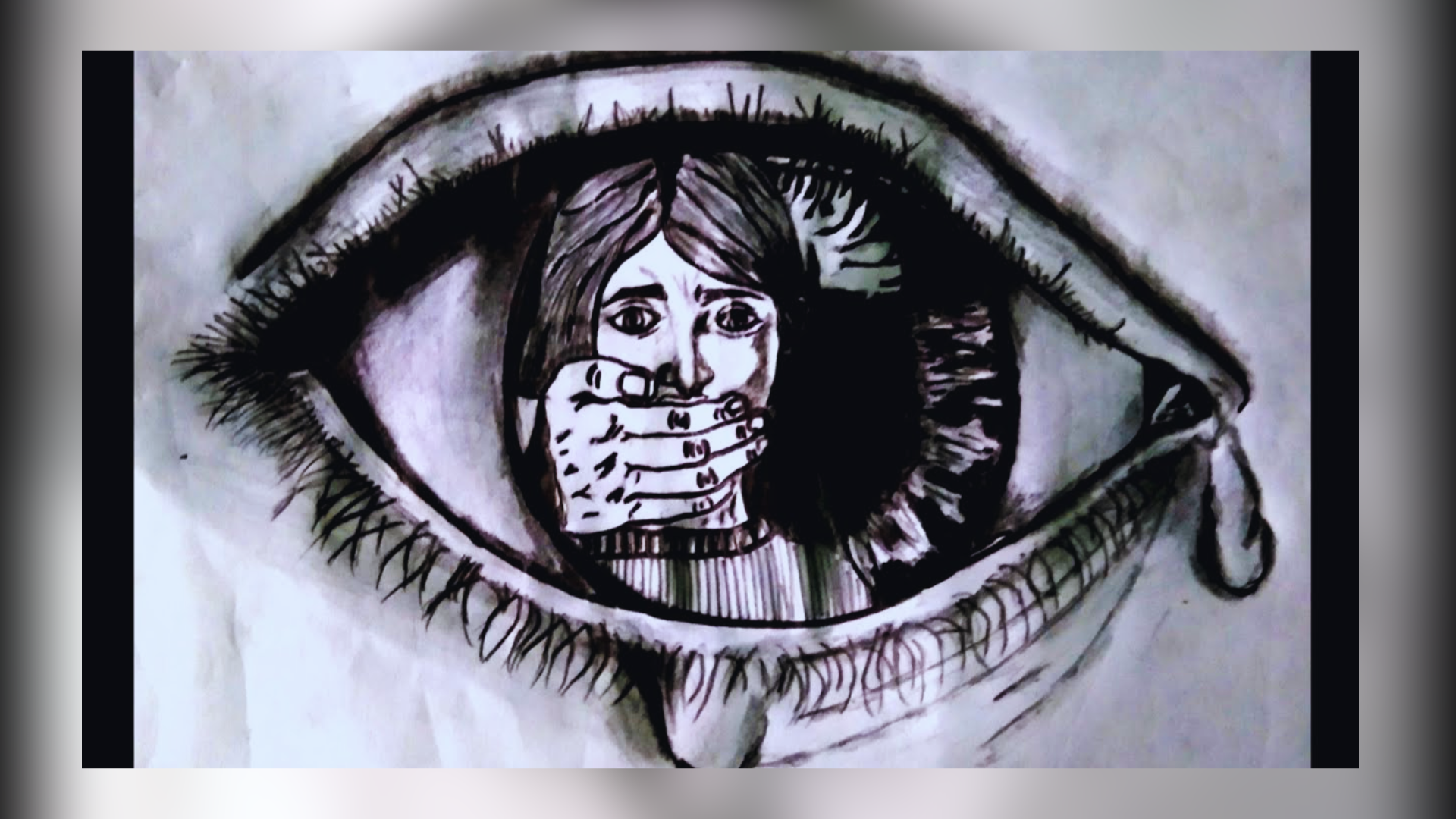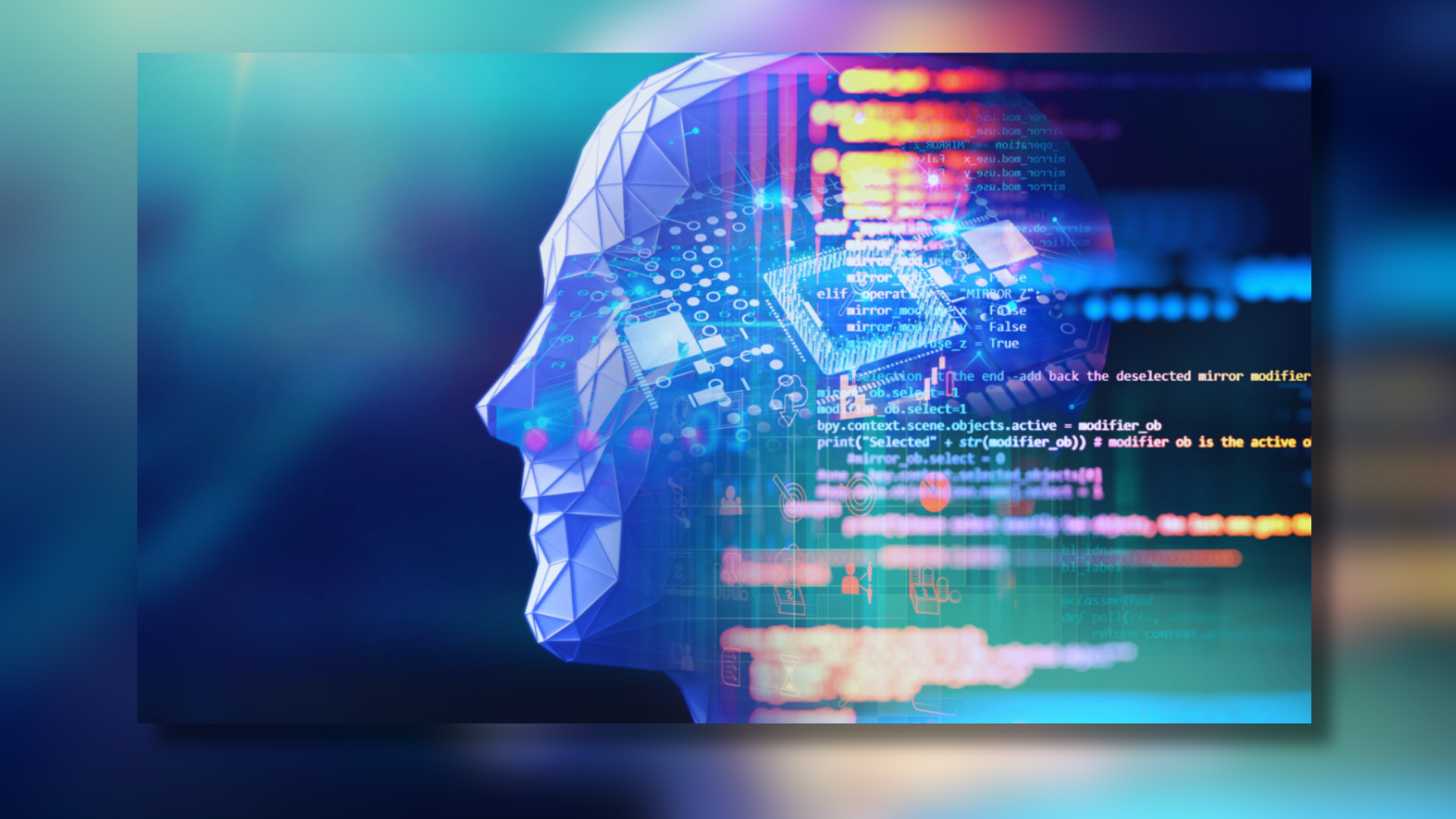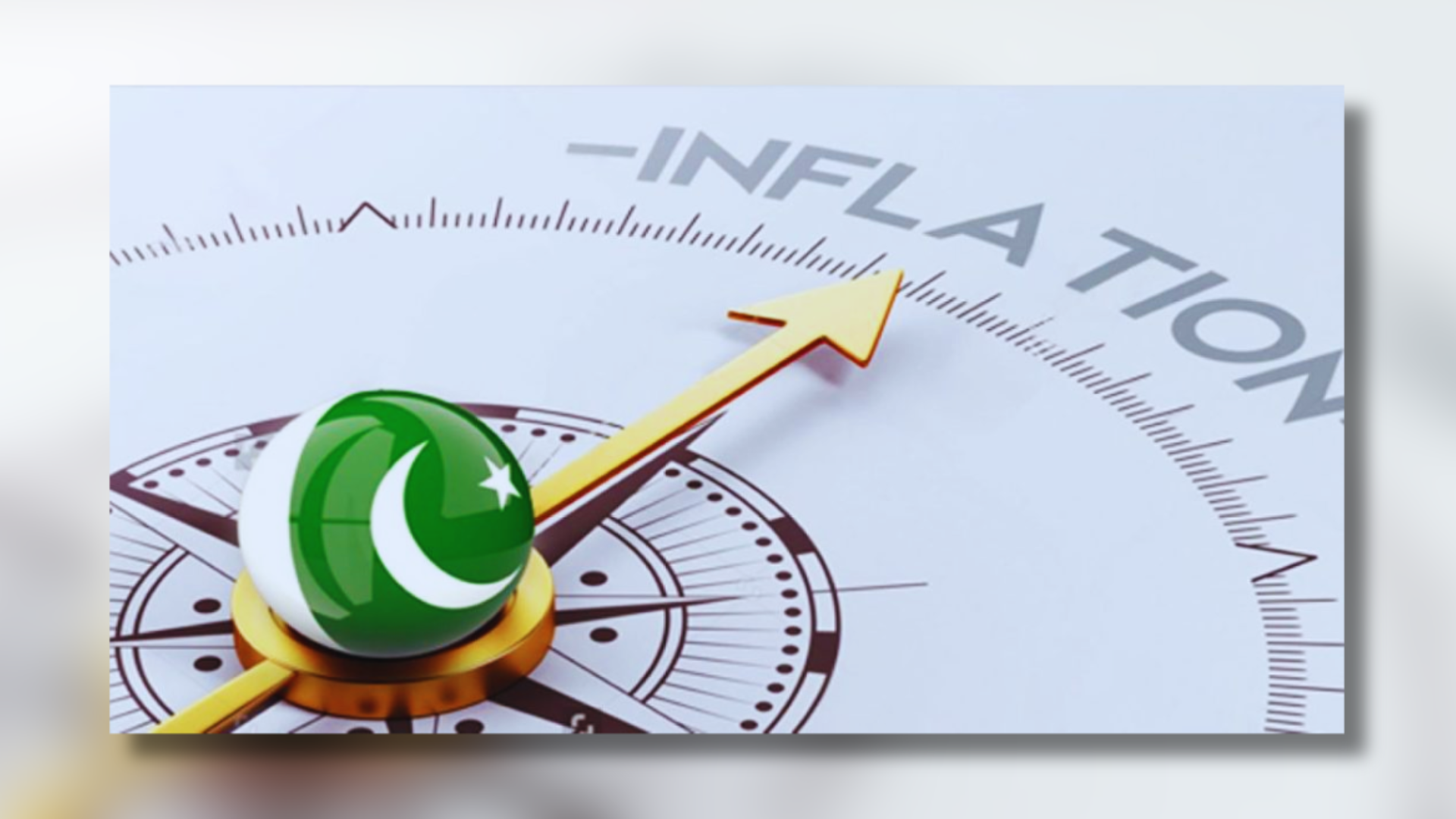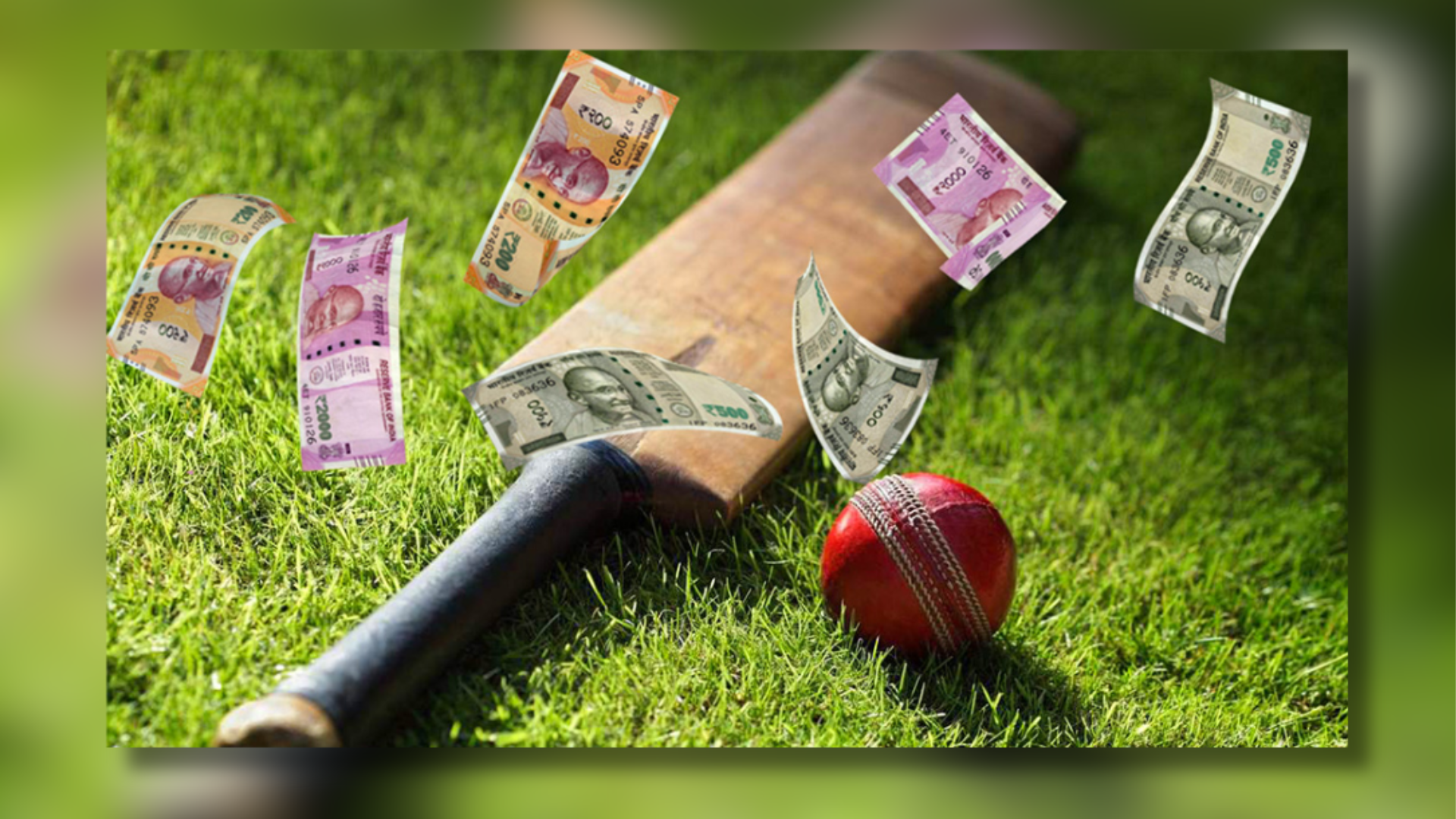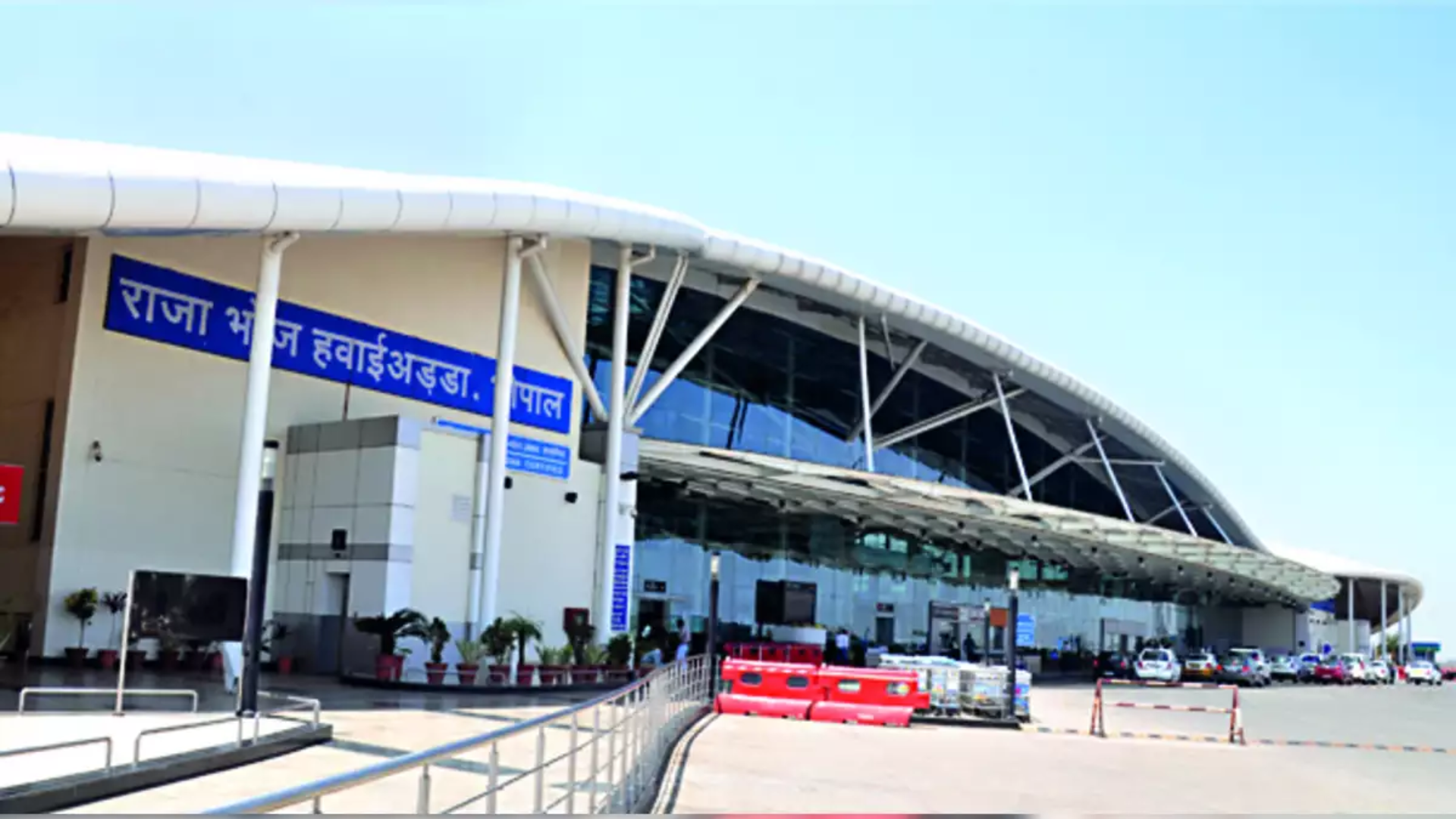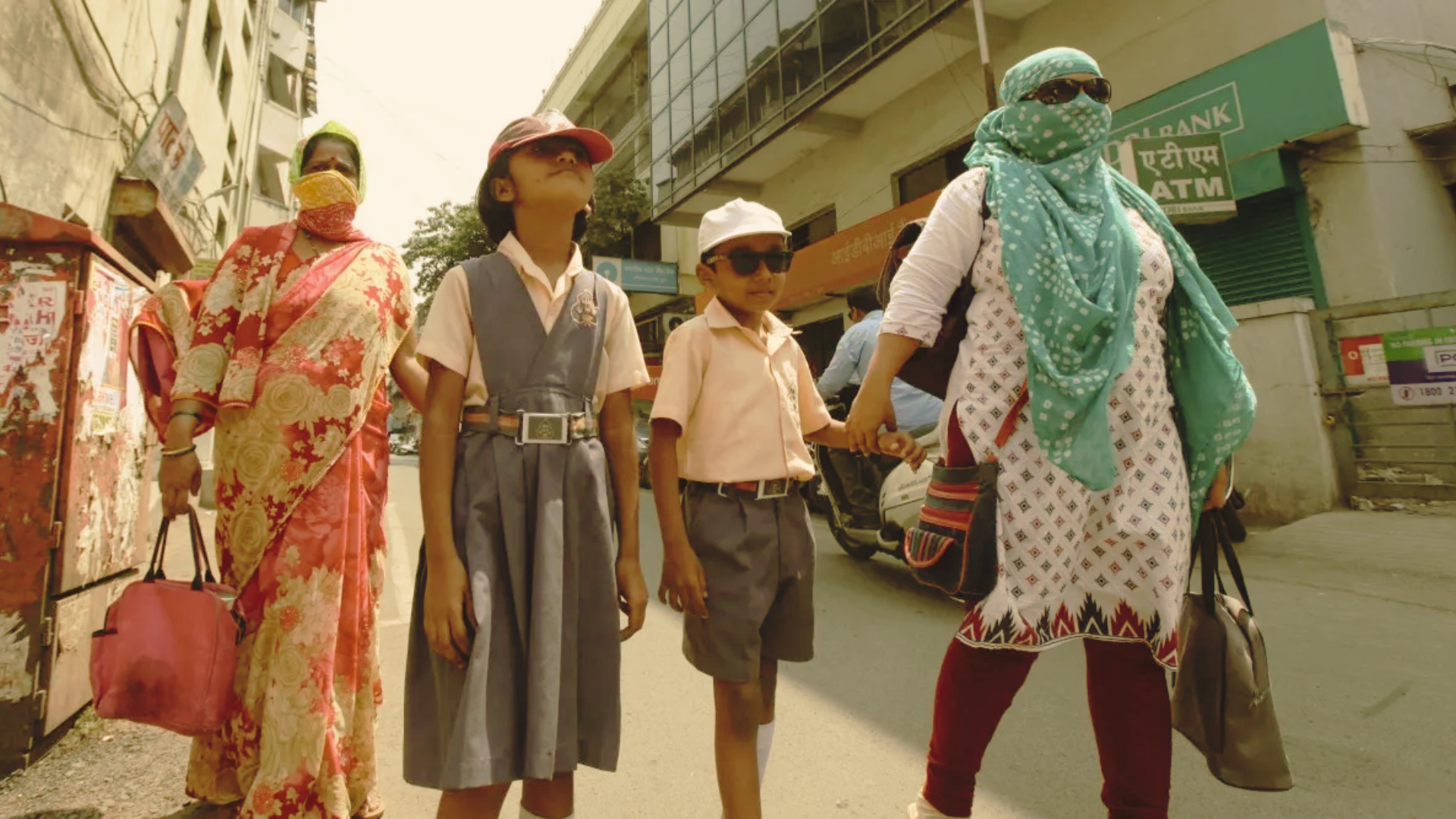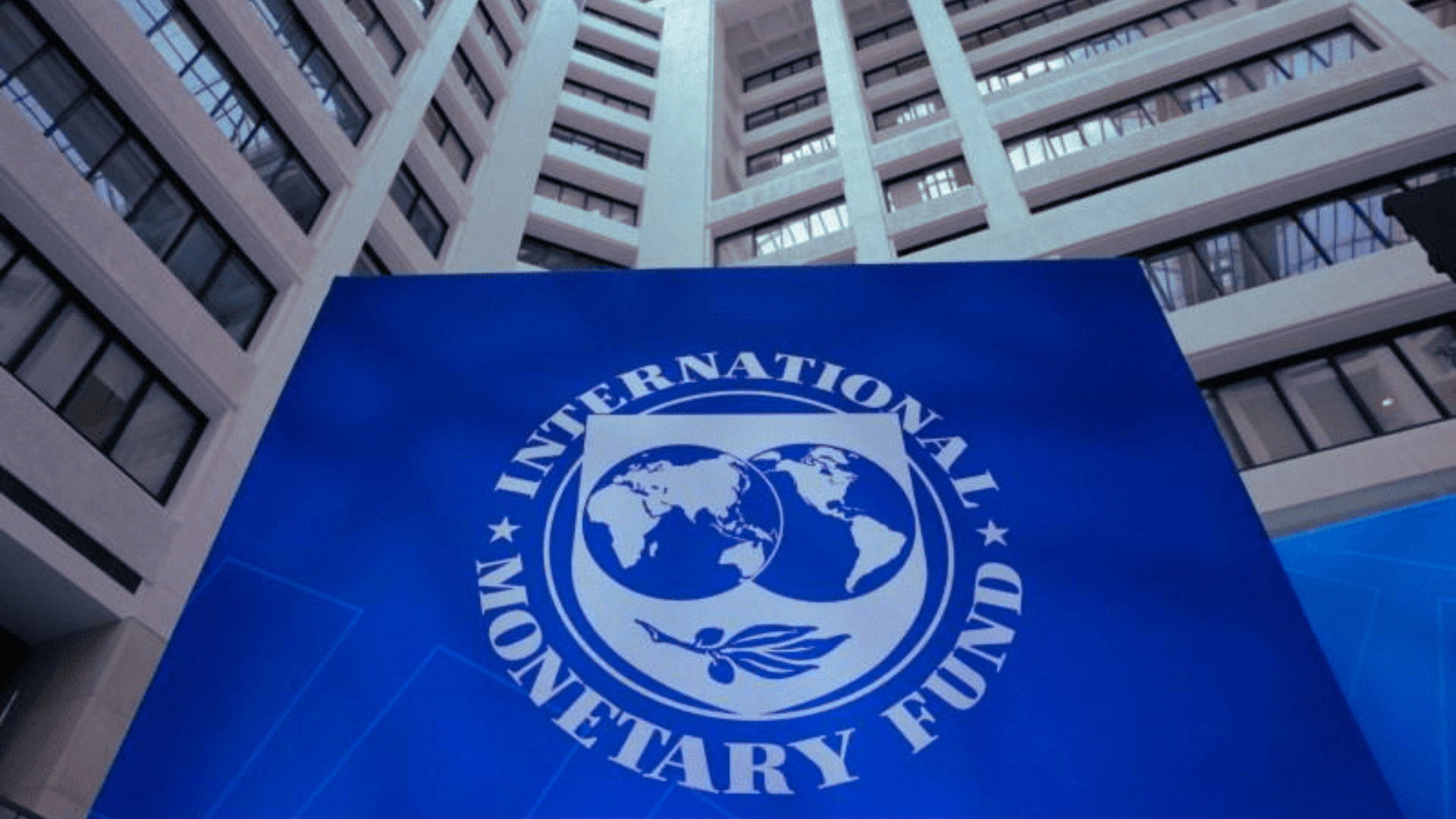



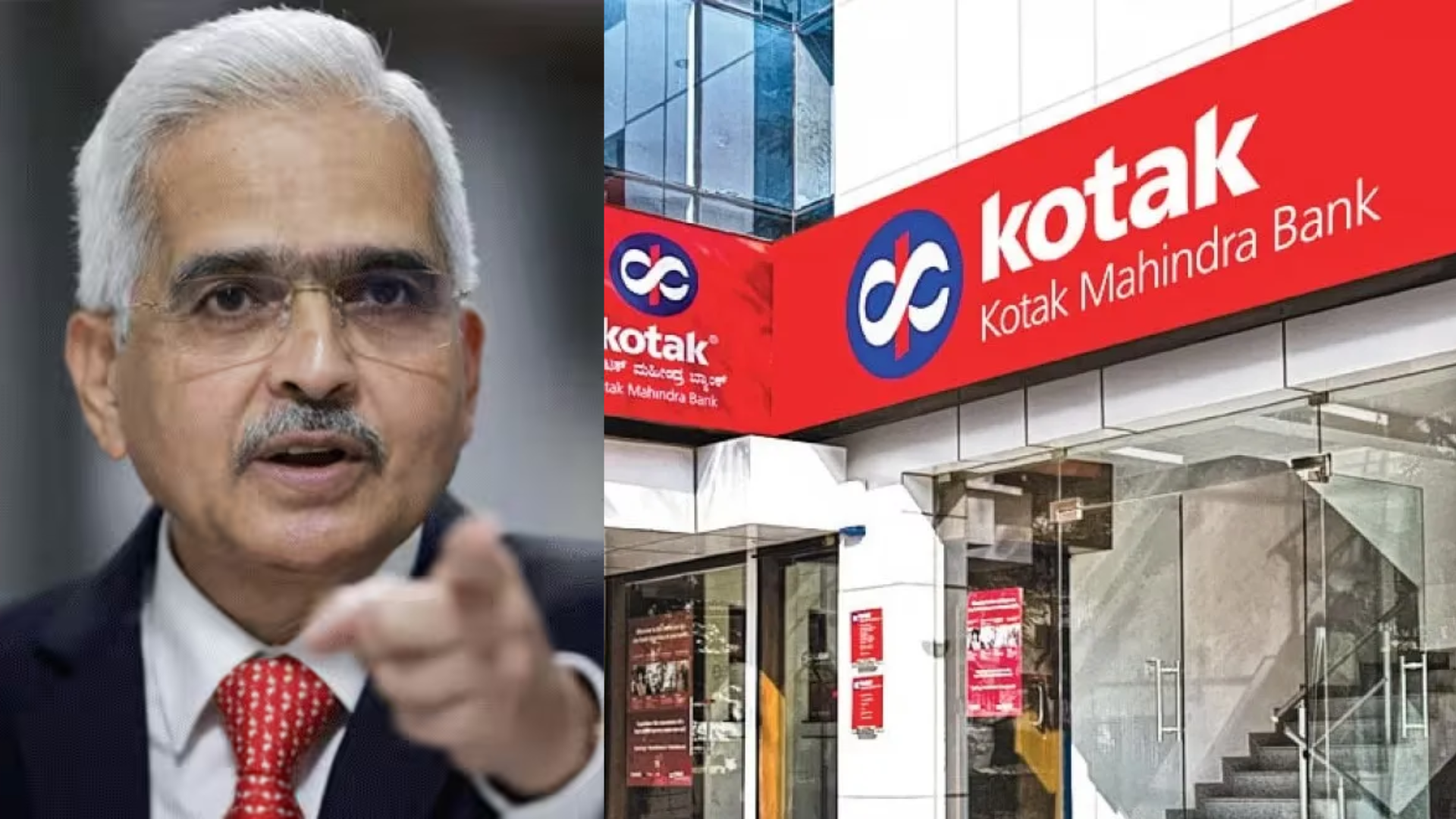
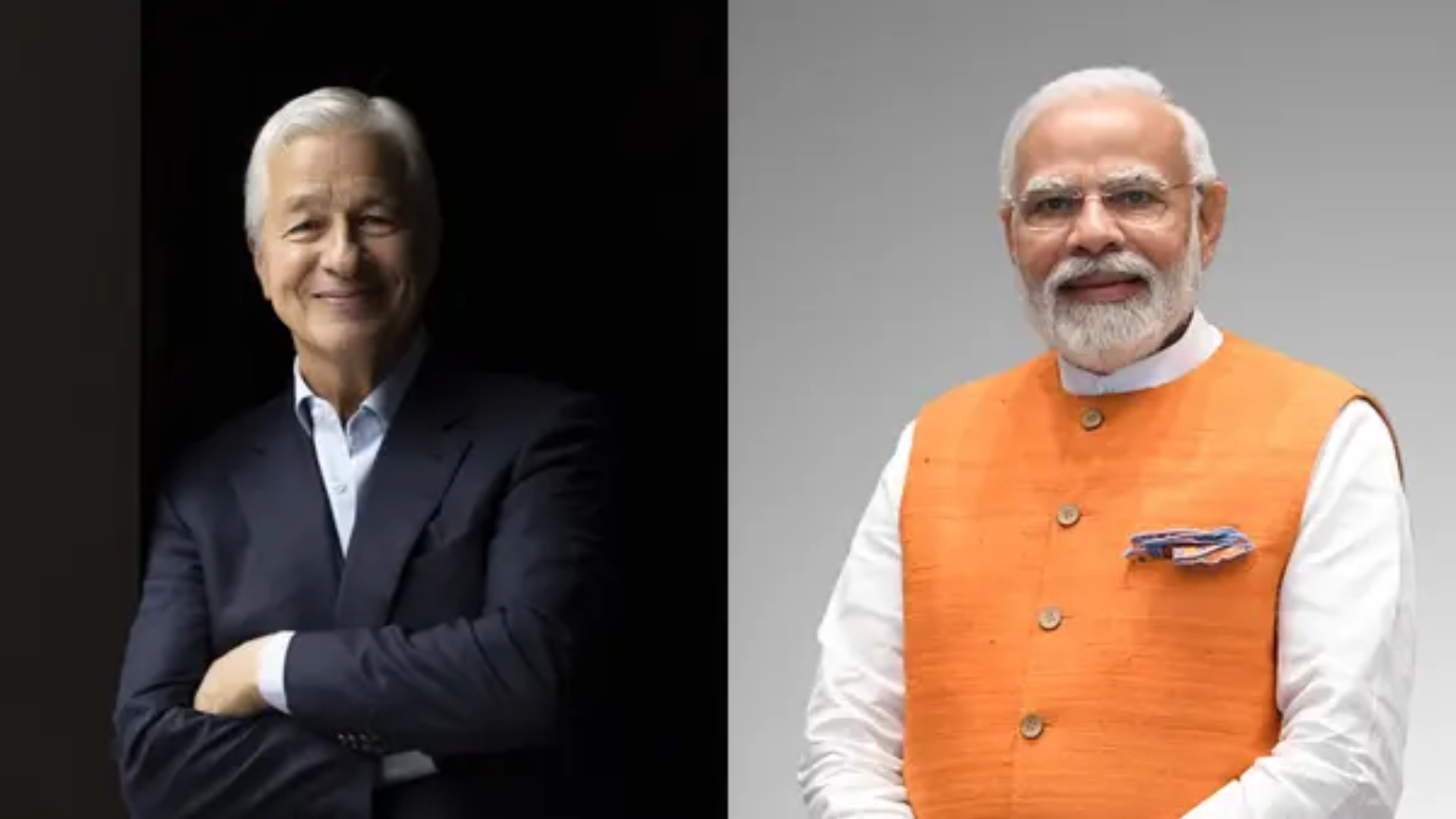
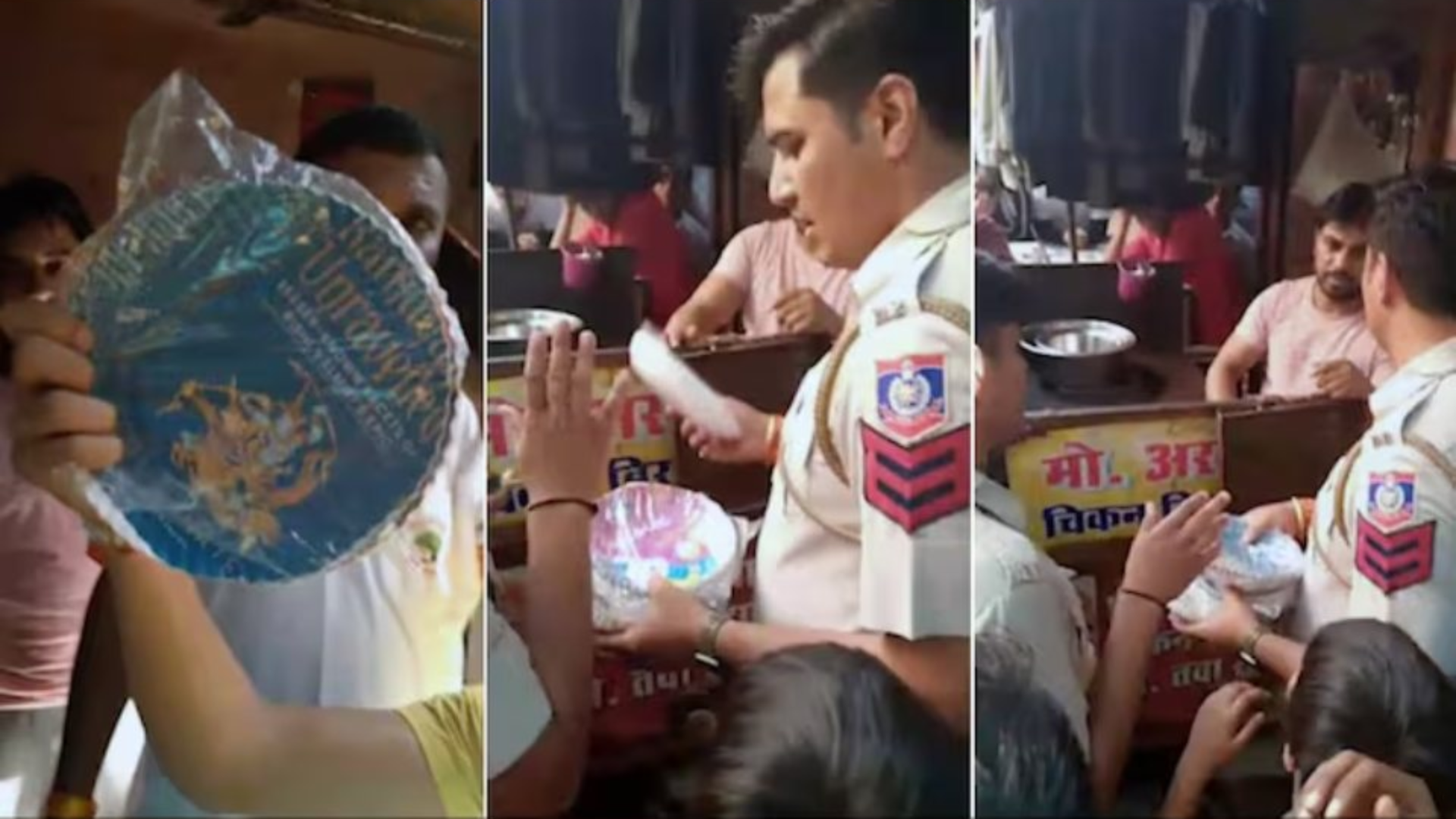
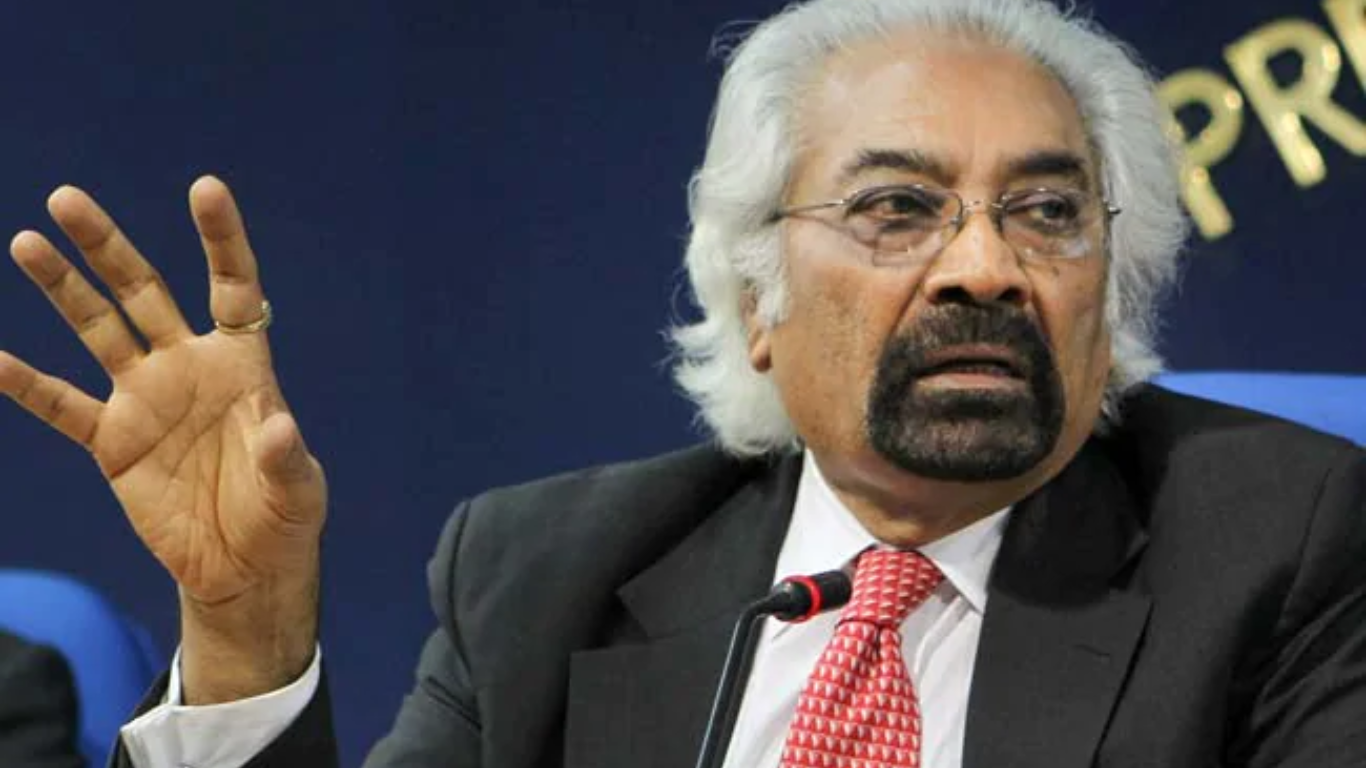

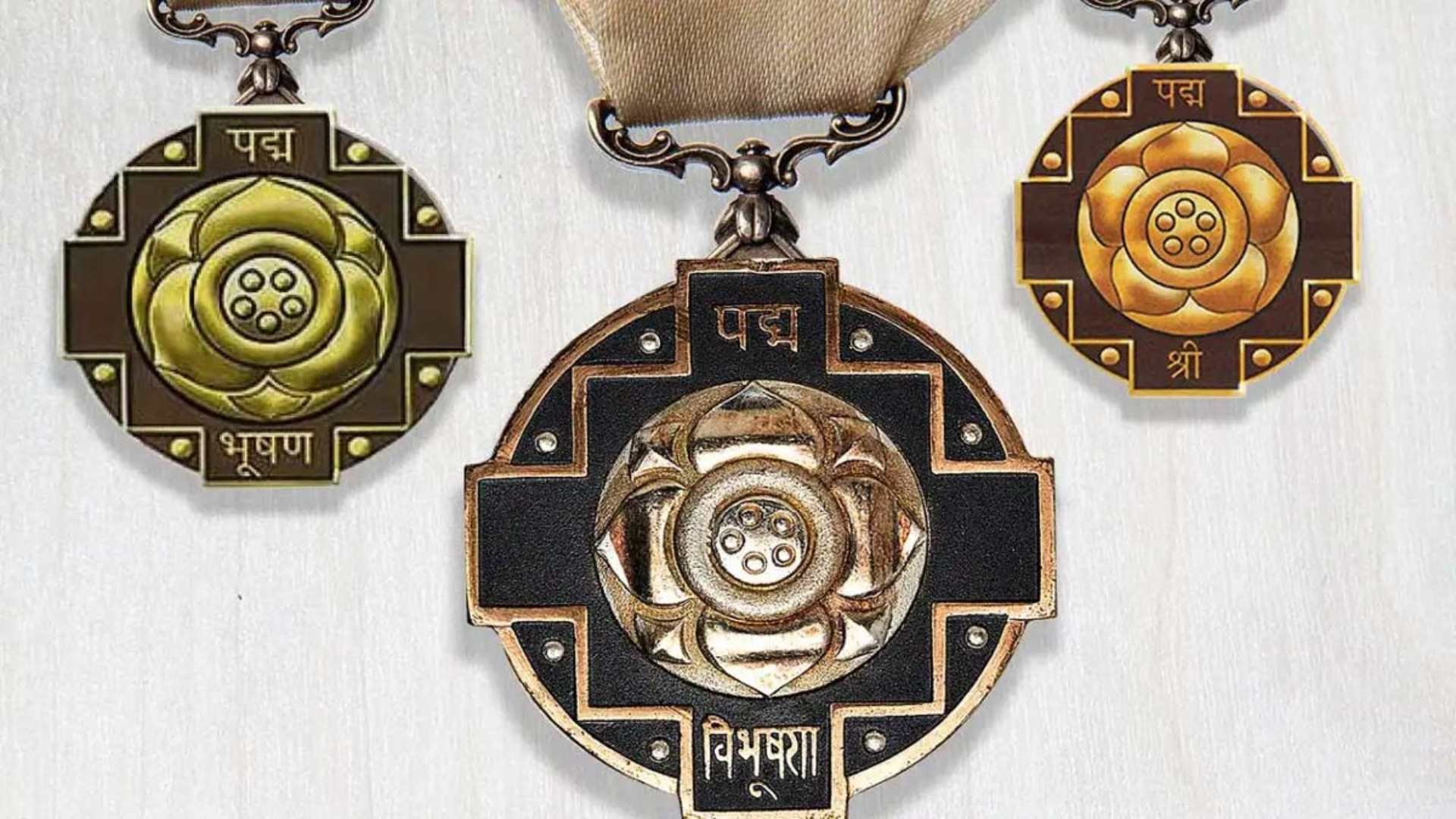
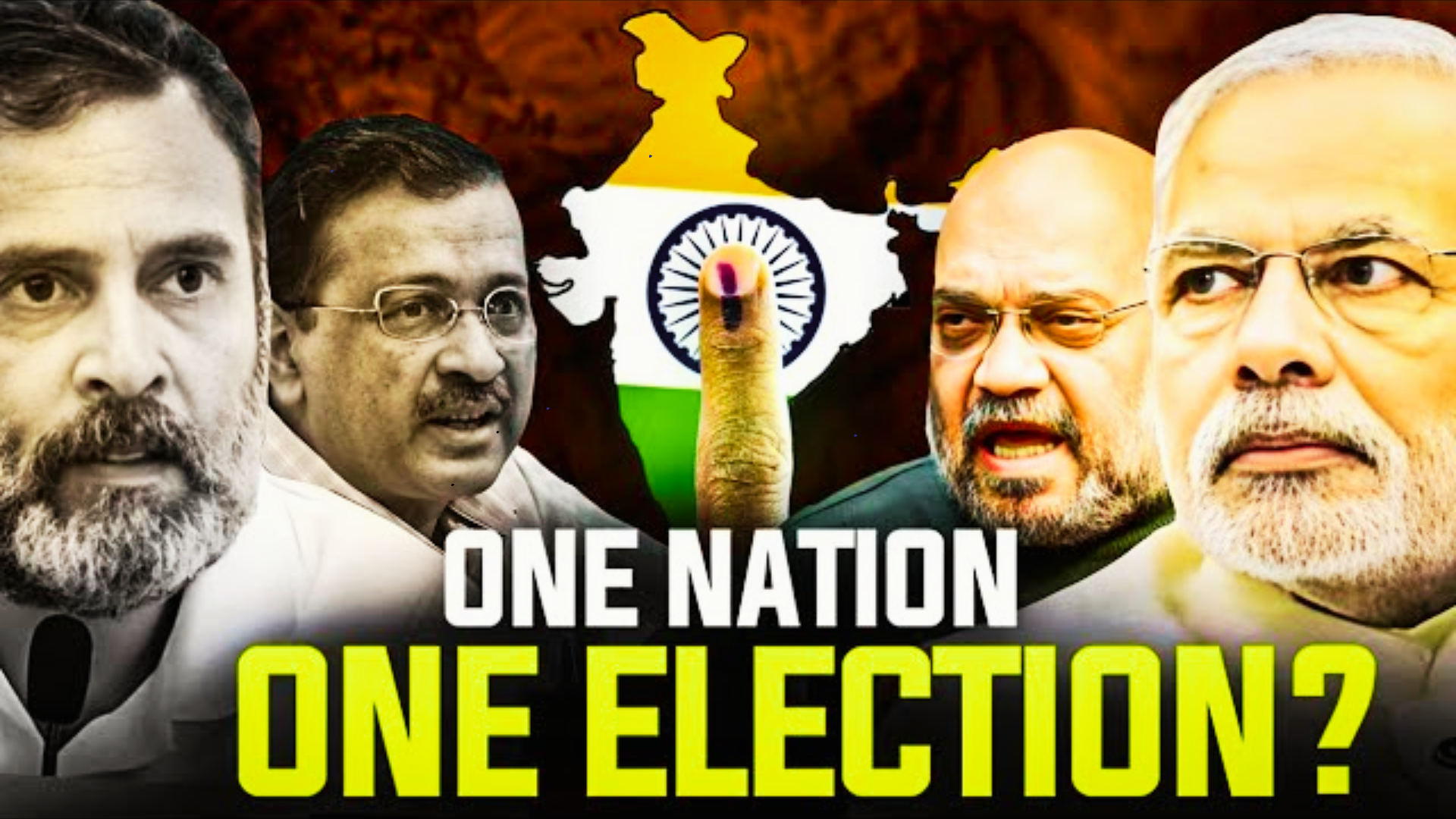
Former President of India, Ram Nath Kovind chaired a high-level committee, and presented its findings on the feasibility of conducting simultaneous elections for Lok Sabha, state assemblies, and local bodies nationwide, often referred to as ‘one nation, one election’.
The committee, which was formed on September 2, 2023, engaged in extensive consultations with various stakeholders and experts over 191 days, culminating in the submission of a comprehensive report comprising 18,626 pages. The report was formally handed over to President Droupadi Murmu at Rashtrapati Bhavan.
Notable attendees at the submission included Union Home Minister Amit Shah, Union Law Minister Arjun Ram Meghwal, Democratic Progressive Azad Party (DPAP) leader Gulam Nabi Azad, and other committee members.
Additionally, the committee convened meetings with representatives from various political parties such as BJP, Trinamool Congress, Samajwadi Party, CPI, CPI(M), AIMIM, RPI, Apna Dal, who also submitted their suggestions in writing.
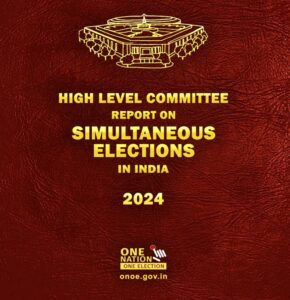
-2. The Committee proposes conducting simultaneous elections for the House of the People and State Legislative Assemblies as the 1st step. In the 2nd step, elections for Municipalities and Panchayats will align with those for the House of the People and State Legislative Assemblies, ensuring that Municipalities and Panchayats hold elections within a hundred days of the aforementioned elections.
3. To synchronize elections for the House of the People and State Legislative Assemblies, the Committee suggests that the President of India issue a notification on the first sitting day of the House of the People following a General election. This notification, termed the “Appointed date,” would enact the provisions outlined in this Article.
4. Following the “Appointed date,” State Legislative Assemblies formed through elections will serve until the subsequent General elections for the House of the People. Subsequently, all General elections for both the House of the People and State Legislative Assemblies will be held simultaneously.
5. The Committee suggests forming an Implementation Group to oversee the execution of its recommendations.
6. The Committee proposes the introduction of Article 324A to facilitate simultaneous elections in Panchayats and Municipalities alongside General elections for the House of the People and State Legislative Assemblies. Additionally, it suggests amending Article 325 to enable a Single Electoral Roll and Single Elector’s Photo Identity Card, to be prepared by the Election Commission of India in consultation with State Election Commission(s). These amendments would replace any other electoral roll prepared by the Election Commission of India under Article 325 or State Election Commission(s) under Articles 243K and 243ZA of the Constitution of India. As these amendments pertain to State subjects under Schedule VII, Part IX, and Part IX A of the Constitution, ratification by the States under Article 368(2) will be necessary. However, the first step of implementing simultaneous elections for the House of the People and State Legislative Assemblies does not require ratification by the States.
7. The Committee suggests that in case of a hung House or a no-confidence motion, new elections may be conducted to establish the new House. If fresh elections are held for the House of the People, its tenure will only cover the remaining term of the preceding full term, with its dissolution occurring at the end of this period. Similarly, for fresh elections held for State Legislative Assemblies, the new Legislative Assembly will continue until the end of the full term of the House of the People, unless dissolved sooner. To enact these changes, a Constitutional Amendment Bill will need to be introduced in Parliament, amending Article 83 and Article 172. This amendment will not require ratification by the States.
8. The Committee proposes holding simultaneous elections for the House of the People and State Legislative Assemblies in the first stage. In the second stage, elections for Municipalities and Panchayats will align with those for the House of the People and State Legislative Assemblies, ensuring that Municipalities and Panchayat elections take place within a hundred days of the elections for the House of the People and State Legislative Assemblies.
9. The Committee proposes that if there’s a hung House or a no-confidence motion, fresh elections may be conducted to form the new House. If new elections are held for the House of the People, its tenure will only last for the remaining term of the preceding full term, with its dissolution occurring at the end of this period. Similarly, for new elections held for State Legislative Assemblies, the new Legislative Assemblies will continue until the end of the full term of the House of the People, unless dissolved sooner. To enact these changes, a Constitution Amendment Bill amending Article 83 and Article 172 would need to be introduced in Parliament. This amendment won’t require ratification by the States.
10. The Committee recommends that the Election Commission of India should prepare a plan and estimate in advance for logistical arrangements required for simultaneous elections to the House of the People and State Legislative Assemblies. This includes procuring equipment like EVMs and VVPATs, deploying polling personnel and security forces, and making other necessary arrangements. Similarly, for elections to Municipalities and Panchayats, State Election Commission(s), in consultation with the Election Commission of India, should also prepare a plan and estimate in advance for the procurement of equipment, deployment of polling personnel and security forces, and other necessary arrangements.
11. The Committee recommends amending Article 325 to enable the Election Commission of India to create a Single Electoral Roll and Single Elector’s Photo Identity Card for elections to the House of the People, State Legislative Assemblies, Municipalities, and Panchayats. Under this amendment, the Election Commission of India will prepare the Electoral Roll and Elector’s Photo Identity Card in consultation with the State Election Commission(s), replacing any previous rolls or cards prepared by either the Election Commission or State Election Commissions. Ratification by the States will be necessary for this amendment.

